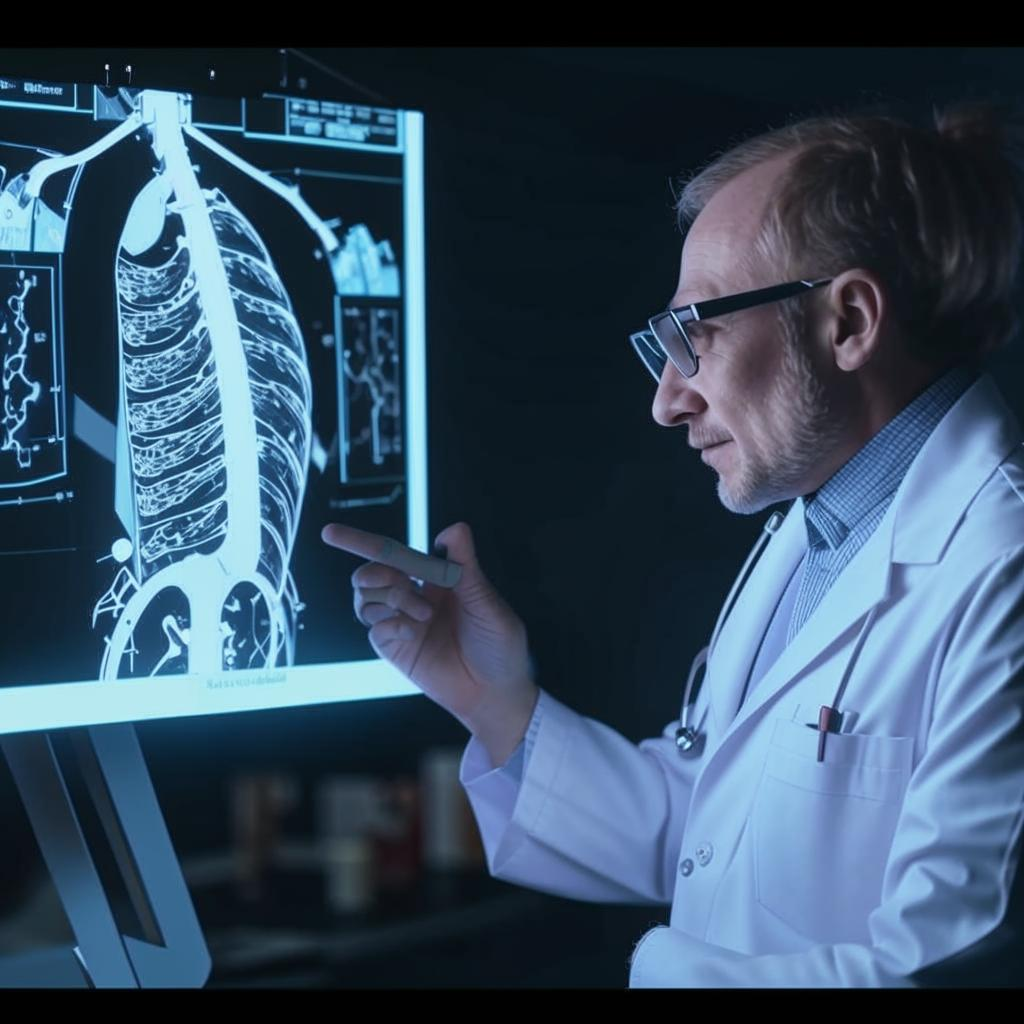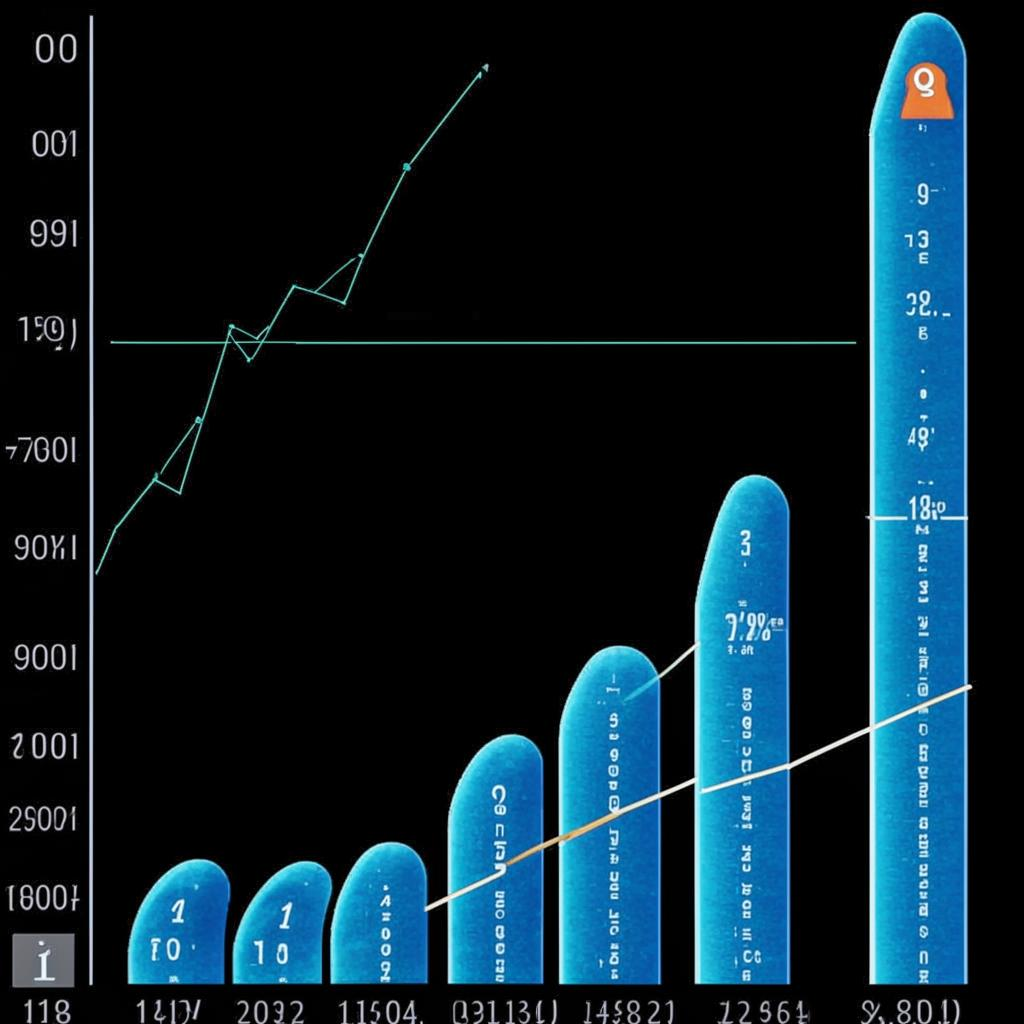Artificial intelligence is rapidly transforming cancer diagnosis, offering the promise of earlier and more accurate detection. A new AI algorithm has achieved a significant breakthrough in identifying lung cancer at its earliest stages, potentially revolutionizing screening and improving patient outcomes. The study revealed a 20% increase in early detection rates compared to conventional methods, alongside a decrease in false positives. The AI system works by analyzing CT scans, trained on a massive dataset of patient images and clinical data.
The implications of this technology are vast. Earlier detection allows for less invasive treatments and improves the chances of survival. Reducing false positives minimizes unnecessary anxiety and further testing for patients. While further research and clinical trials are needed before widespread adoption, the results are encouraging. Experts believe AI has the potential to personalize cancer treatment and improve overall patient care. This innovation represents a crucial step forward in the fight against cancer, ushering in a new era of precision diagnostics.















